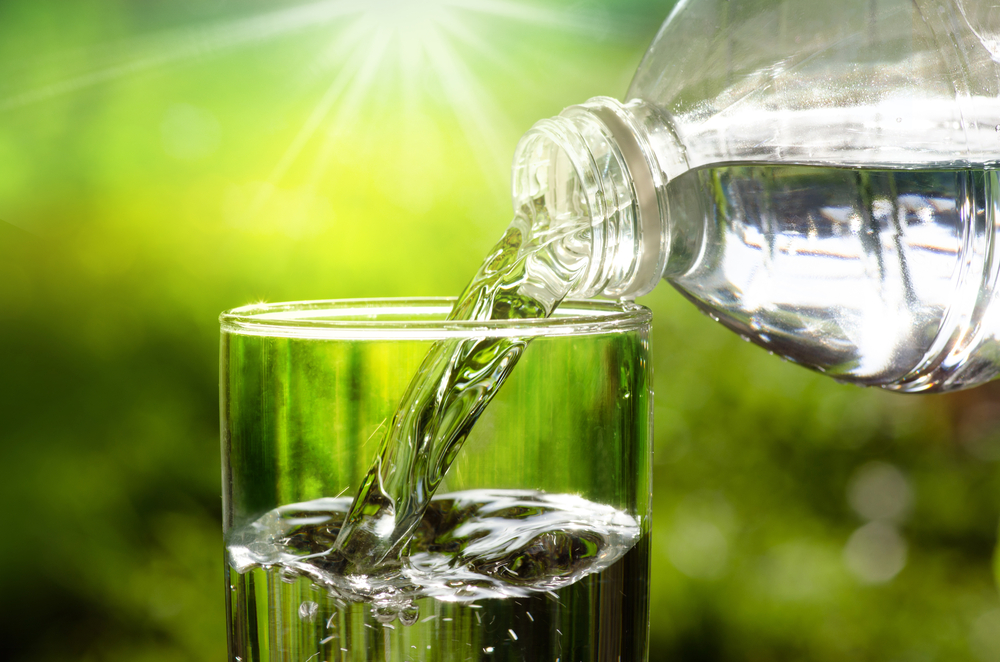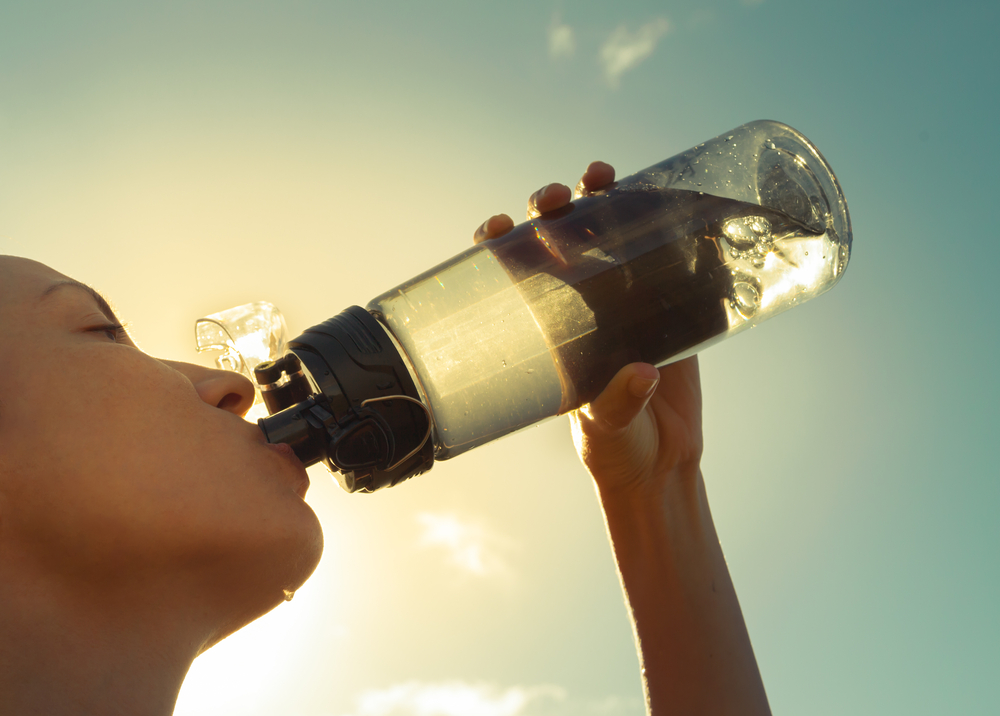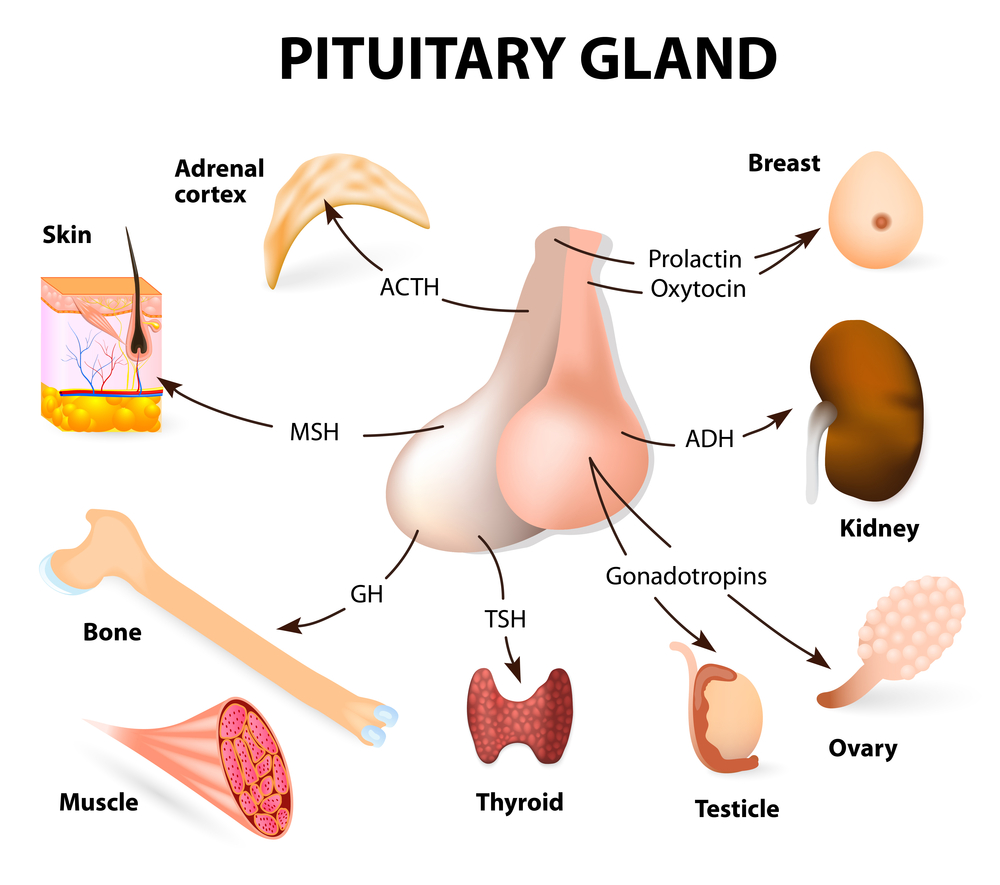Cancer is a condition that requires utmost care during the time of treatment and recovery. During cancer treatment, it is very important that you remain hydrated throughout. Dehydration can lead to several complications and it occurs when your body loses more fluid than you consume.
Dehydration causes every cell of your body to lose water, and you are not able to replenish the same. For our body cells and organs to perform and function properly, we need to provide enough water to it. Water performs several essential functions in our body like:
- Regulating body temperature
- Controlling heart rate
- Carrying nutrients throughout our body
- Controlling Blood pressure
- Lubricating our joints
- Protecting organs and tissues, etc.

Also Read: Prominent cancers that affect women’s health
Dehydration During Cancer Treatment:
When you are being treated for cancer, then you might undergo water loss and you may become dehydrated very soon. Here are a few instances where dehydration can occur naturally during cancer treatment:
- Loss of water from the body in the form of vomits and diarrhea. These are two side effects of cancer drugs and surgery. During the condition, Even if you eat food, it is easily passed out of the body.
- Certain medicines taken during chemotherapy like capecitabine, etc. may result in drying out your body and you can instantly become dehydrated.
- High temperatures can dry you out during the cancer treatment as you are highly prone to have an infection and related fever during cancer treatment. It is because your immune system is too weak during that time.
Signs And Symptoms Of Dehydrations:
Although thirst is the first sign that your body needs water, yet some other signs of dehydration are:
- Nausea
- Fatigue or weakness
- Irritability
- Headaches
- Dark yellow urine or a decrease in urination
- Constipation
- Dry skin
- Dizziness or lightheadedness
- Weight loss, etc.
Diagnosing Dehydration:
The above mentioned sign gives you an idea about dehydration in your body; still your doctor may use these different methods to diagnose dehydration, such as:
- Taking your vital stats such a temperature and pulse into consideration
- Urine tests
- Blood tests
- Pressing your fingertips to see if it returns to pink (if not, it indicates, dehydration)
Avoiding Dehydration And Keeping Yourself Hydrated:
Make sure you drink enough water throughout the day during your cancer treatment. You can include water and other fluids in your diet and drink to keep your body hydrated.
- Drink lots of fluids:
As a means of cancer cure include lots of water in your diet and if you don’t like to have plain water, try flavoured water or add lime to your drink. Avoid caffeinated drinks and sodas that dehydrate your body. Have milk, juice of different fruits to keep yourself hydrated.
- Have water rich food items:
Many food sources are rich in water and you can make the loss of water by including such food items in your diet. Watermelon is 92% water; lettuce and broccoli have also 93% water content. You can also have vegetable soups and yogurt, as they also contain water and can help you to avoid dehydration.
- Don’t wait to get thirsty:
It is not necessary that you must drink water when you feel thirsty; instead make it a practise during your treatment, to keep on having sips of water all throughout the day so that you may not feel thirsty at all. Ensure that you are well hydrated before you can become thirsty.
Also Read: What Is the Best Diet for Cancer Prevention?
- Suck on ice chips:
If you get bored of drinking and eating to have water, then give a try to ice chips or ice lollies. These are an interesting way to add water to your body slowly.
- Reduce side effects of medicines like vomiting and diarrhoea by managing them with your doctor’s help



